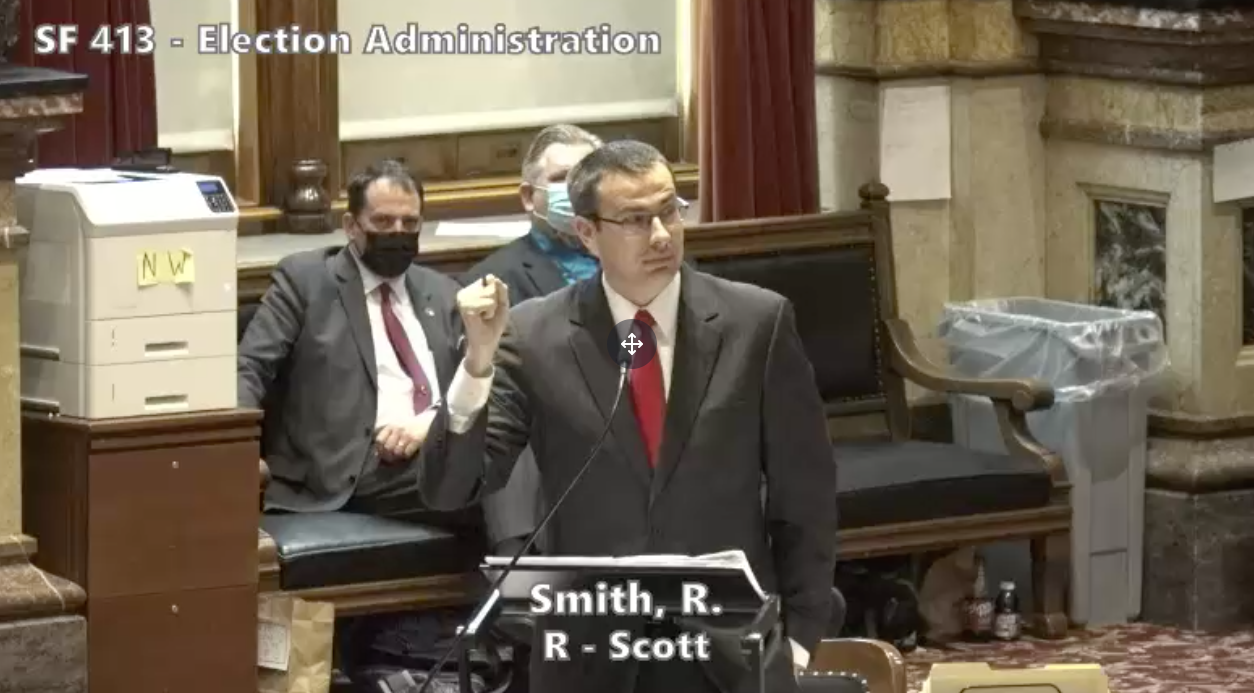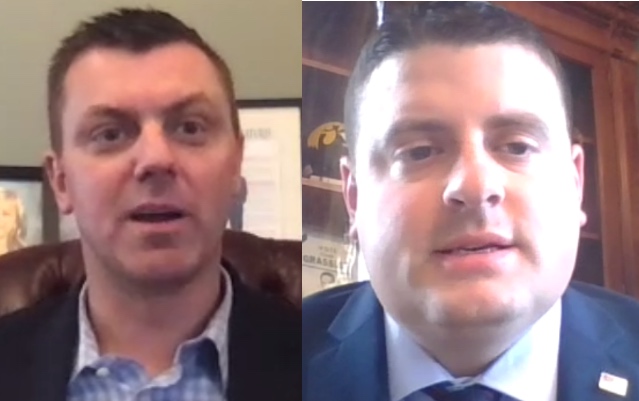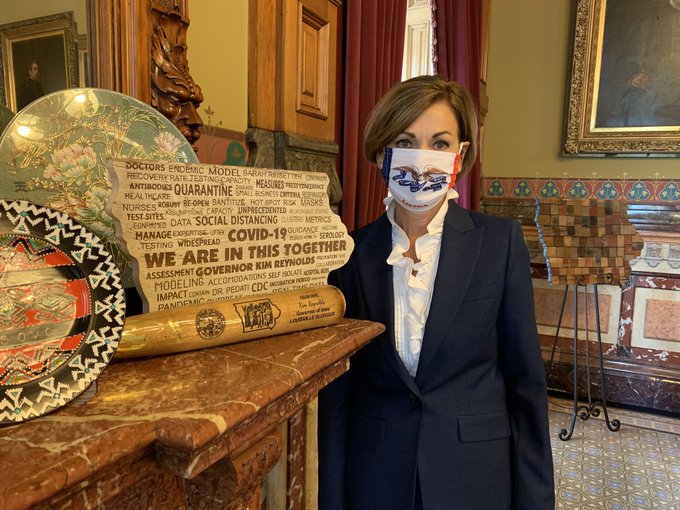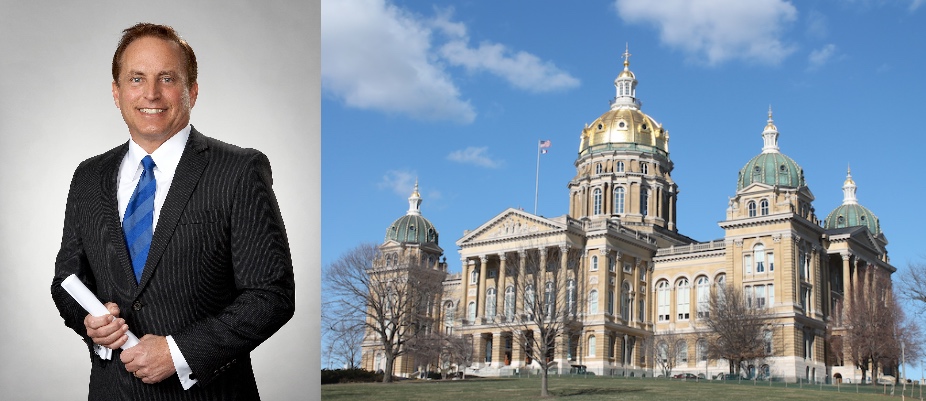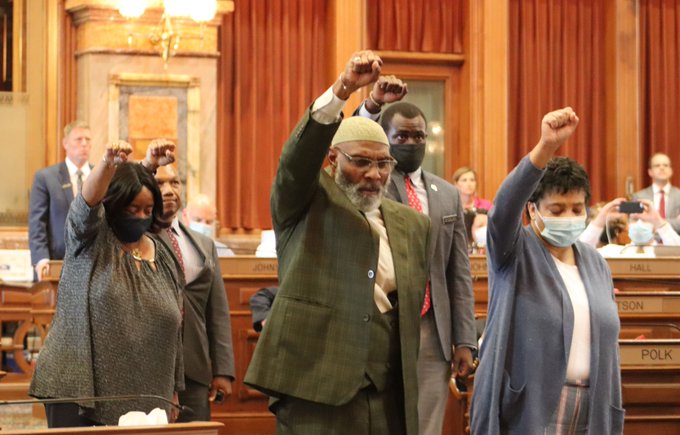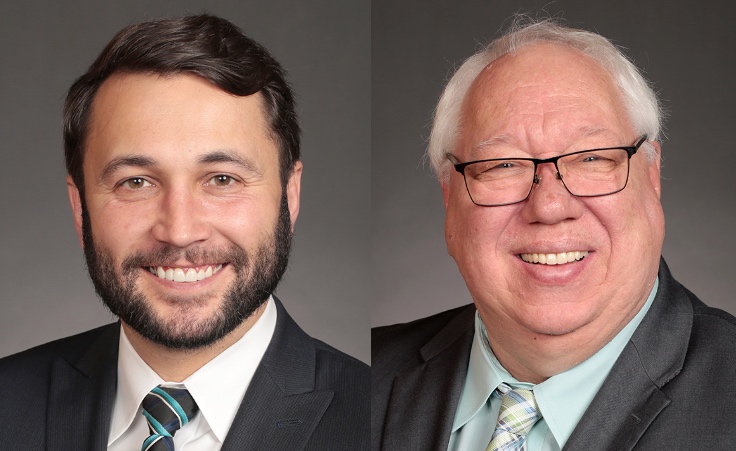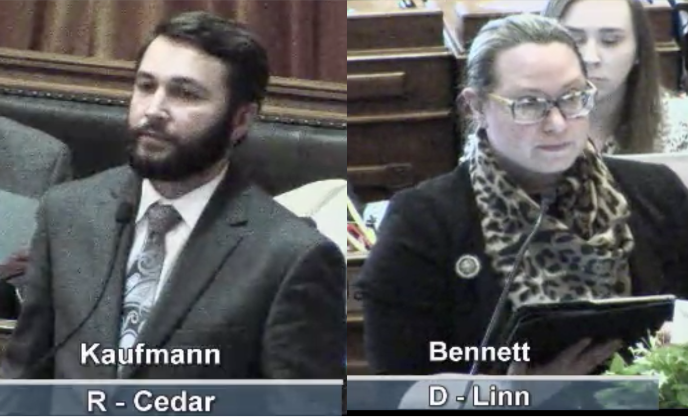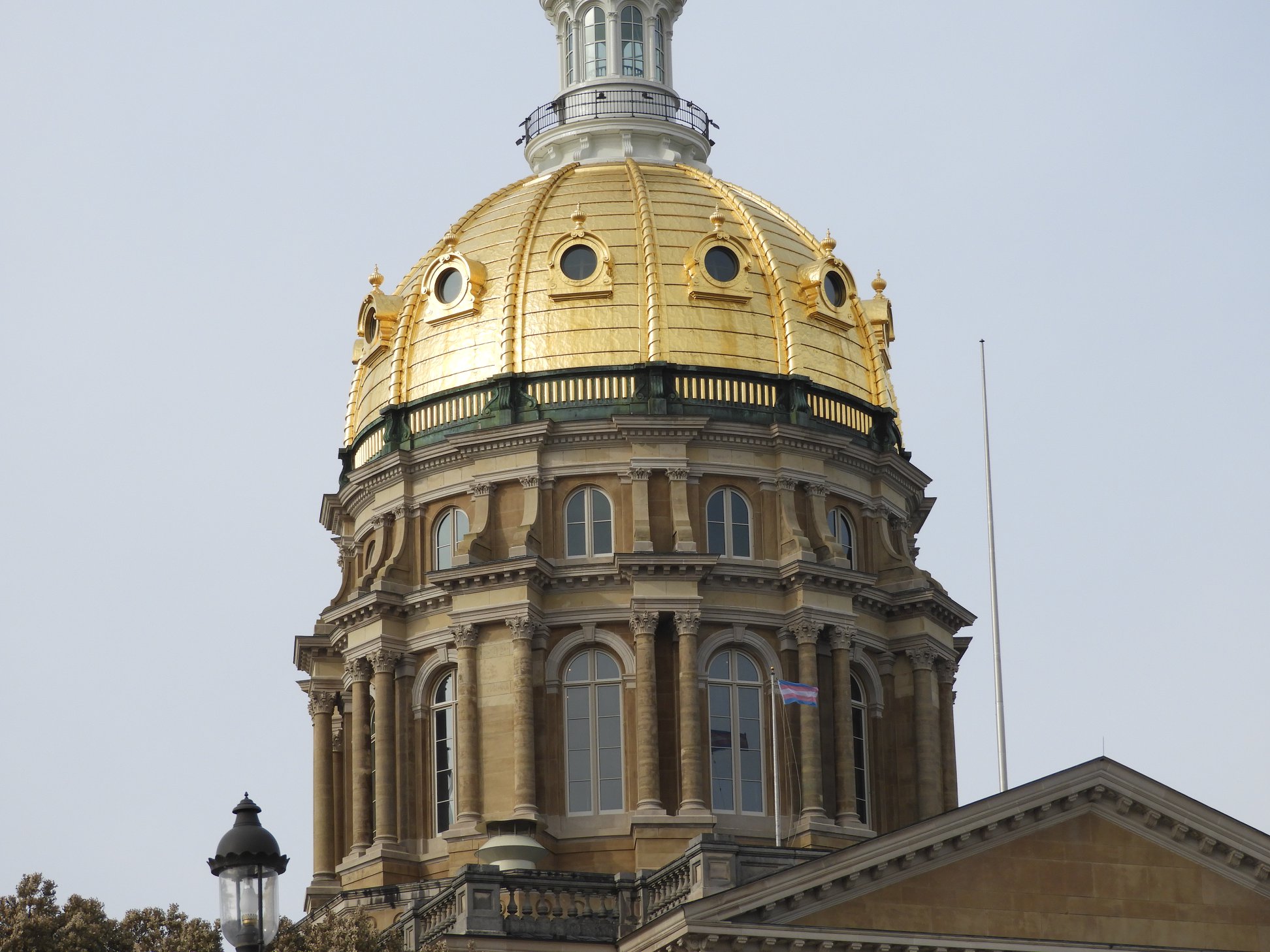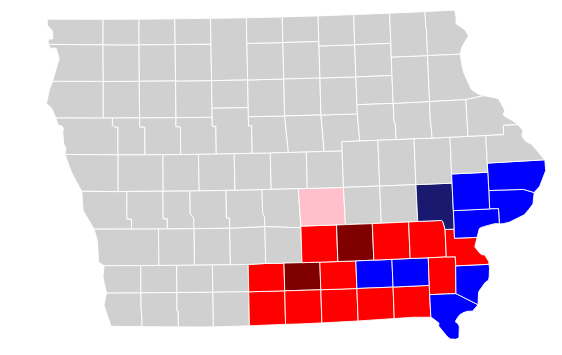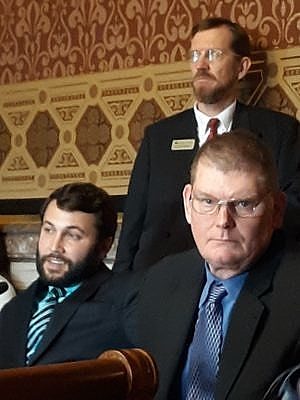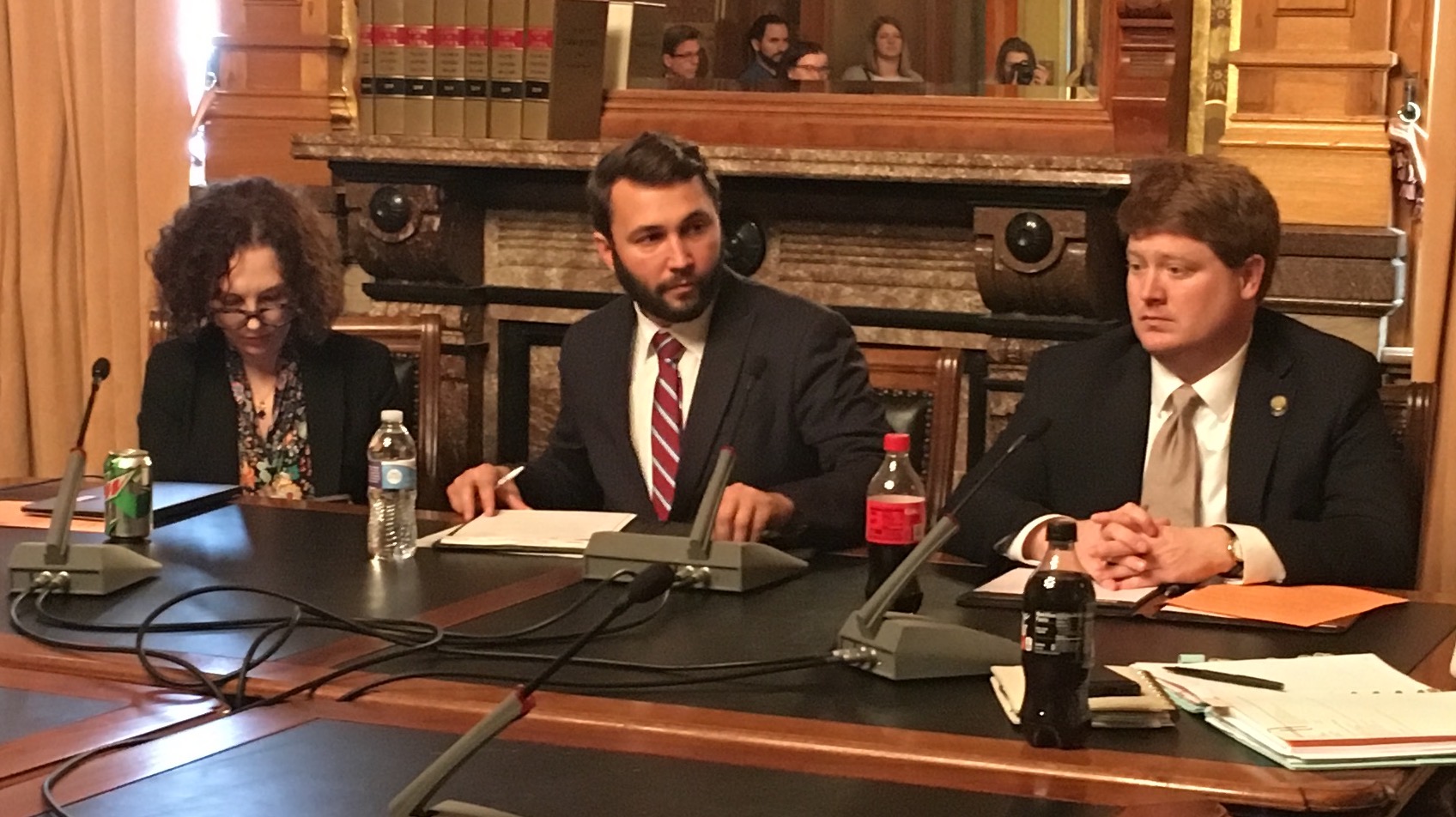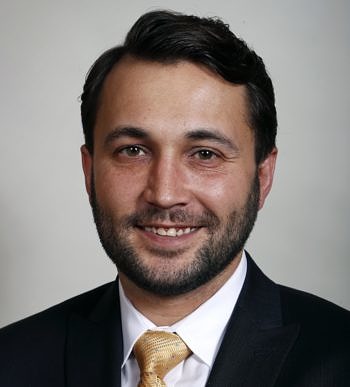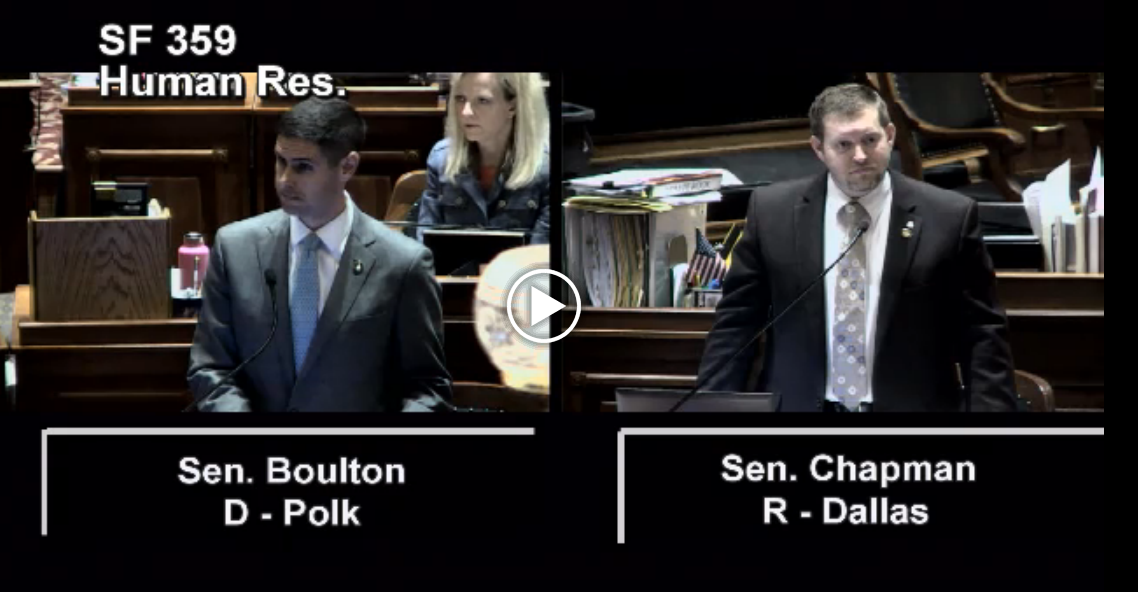UPDATE: Governor Reynolds signed the bill on March 8. Top Democratic election attorney Marc Elias posted on Twitter, “This is the first major suppression law since the 2020 election. Expect litigation here and elsewhere GOP legislatures follow this path.” Bleeding Heartland covered the lawsuit Elias filed here. Original post follows.
On a party-line vote of 30 to 18, the Iowa Senate on February 23 approved Senate File 413, a new version of a bill that would restrict every aspect of the early voting process. The following day, the Iowa House approved the bill on a party-line 57 to 37 vote. Governor Kim Reynolds is expected to sign the bill; Republican Senators Joni Ernst and Chuck Grassley have each endorsed limits on early voting in recent days.
Although State Senator Roby Smith’s amendment addressed a few of the concerns raised by county auditors and advocates for vulnerable populations, the revised legislation would make it even harder for thousands of Iowans to have their absentee ballots counted. In a new twist, it shortens election-day voting hours as well.

